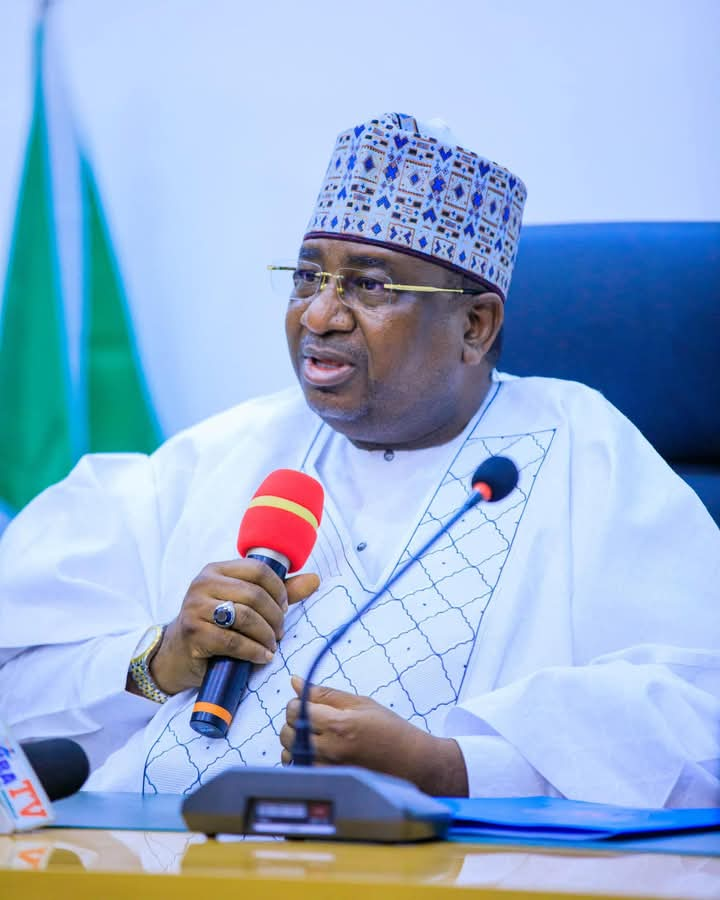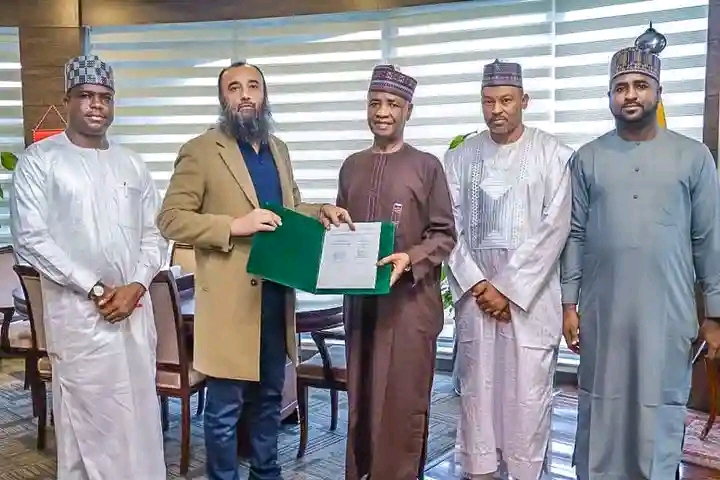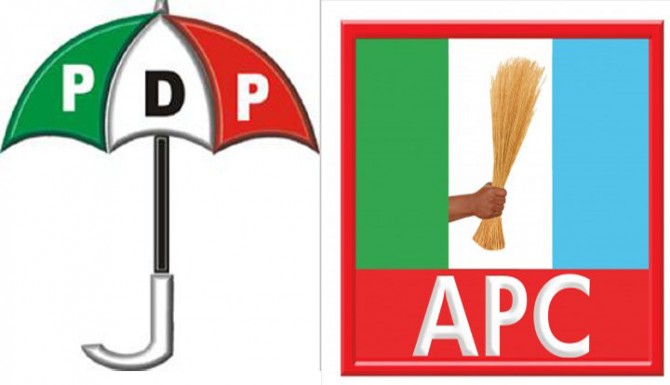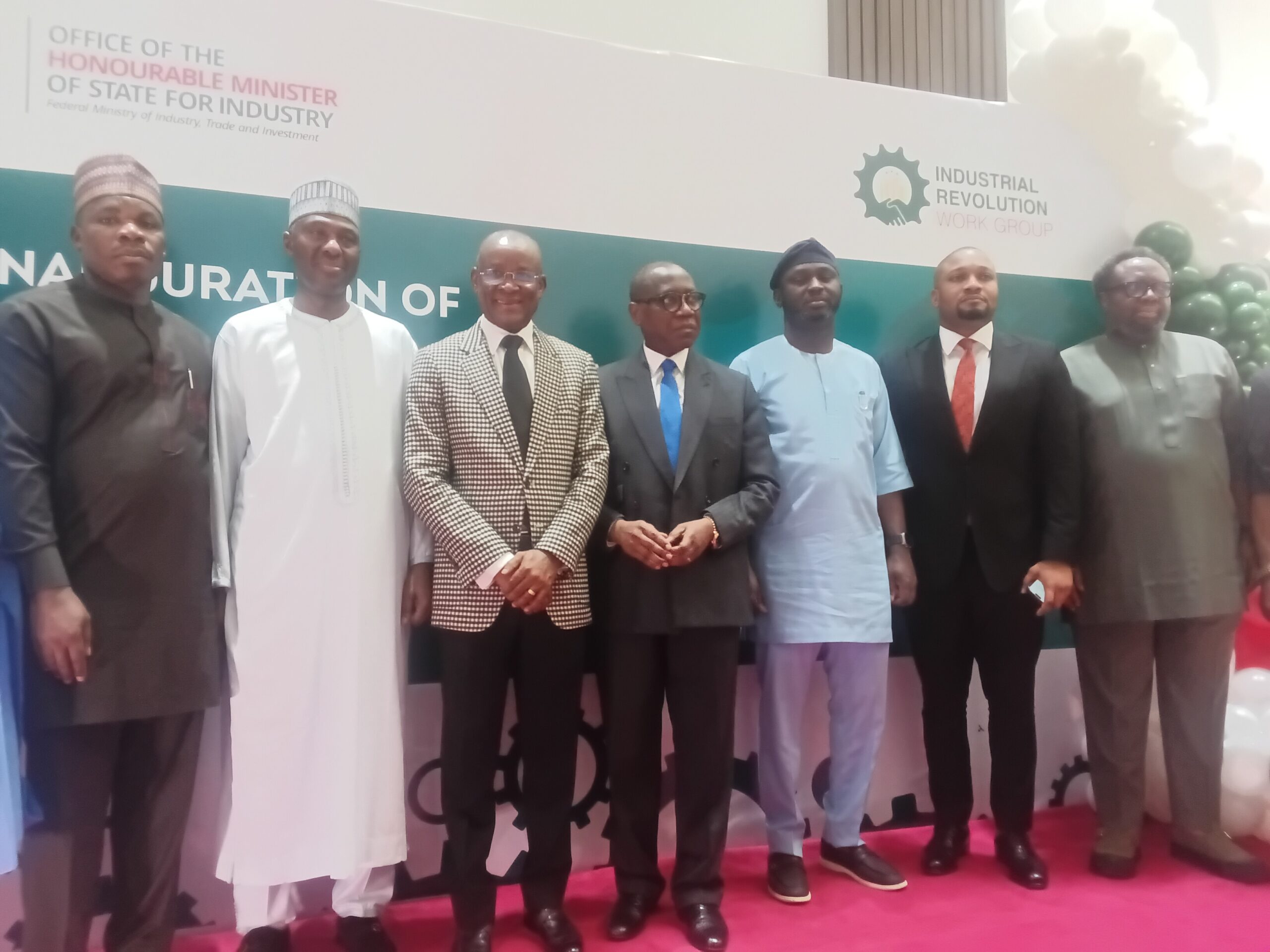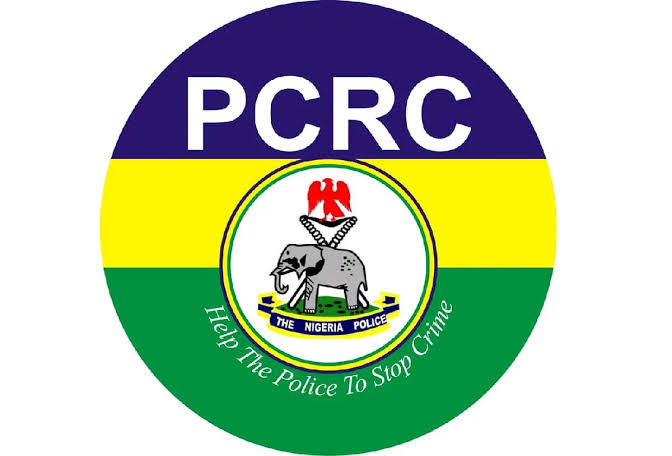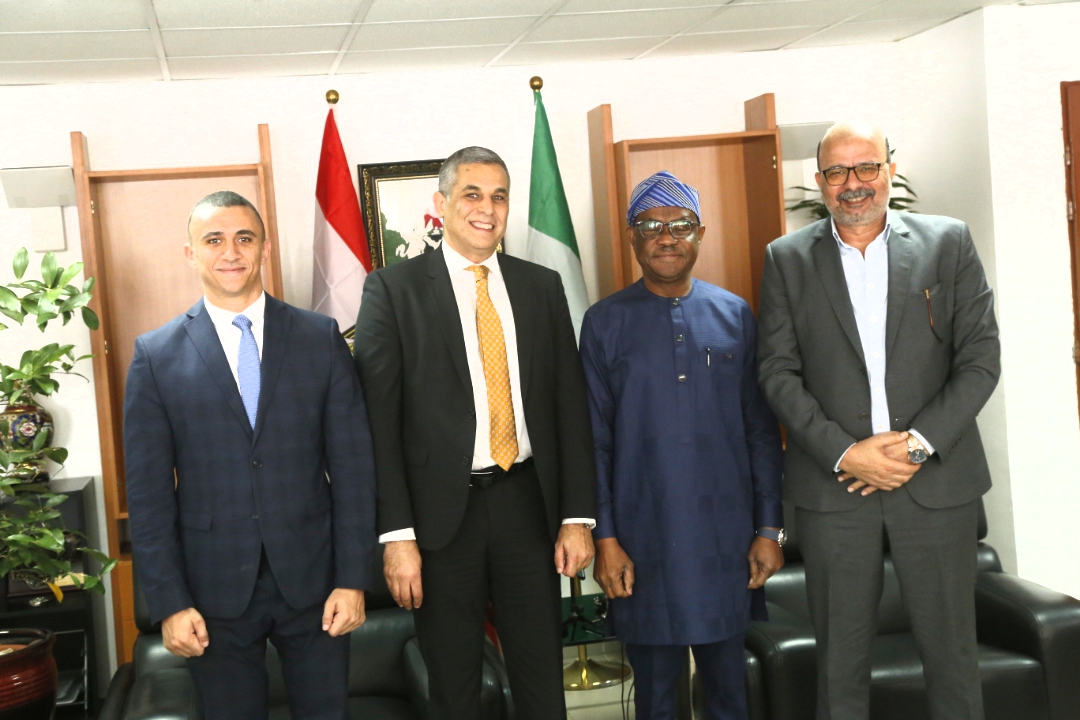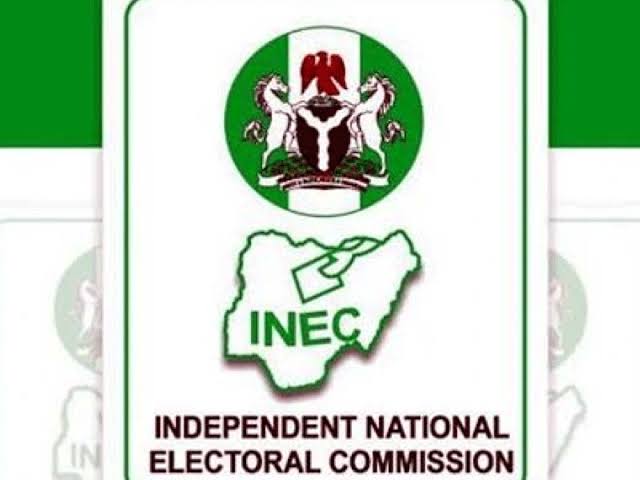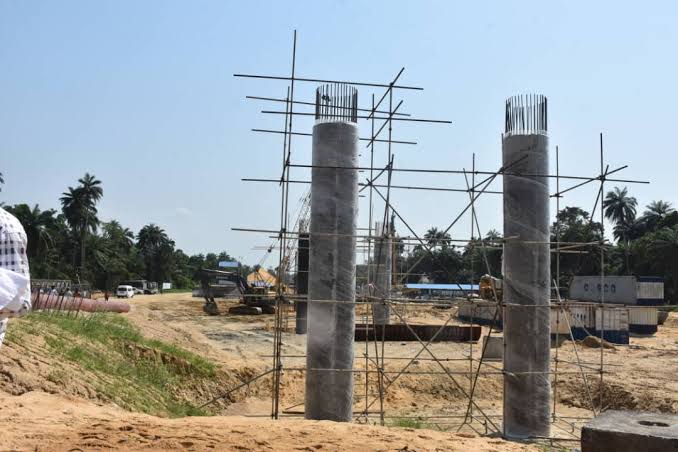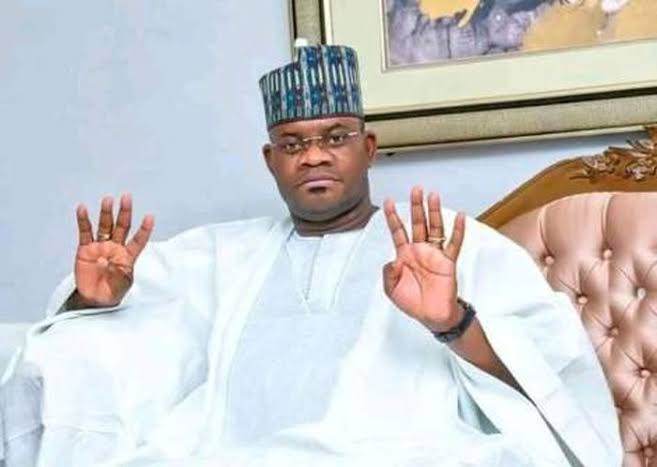By: Abba Onyekachukwu, Abuja
Dr Olusegun Aganga, the former Minister of Industry, Trade and Investment (FMITI) has urged stakeholders to prioritize policy reform, infrastructure enhancement, access to finance, and technological innovation to drive industrial growth. He also emphasized the necessity of a stable macroeconomic environment, efficient customs procedures, and regulatory frameworks that support industrial expansion and export competitiveness.
Speaking at the launching and inauguration of the Industrial Revolution Work Group (IRWG) organized by the Minister of State for Industry, Senator John Owan Enoh, on Thursday in Abuja, he, however, called for continuity in industrial policies to ensure sustainable growth.
While reflecting on past challenges, the former Minister acknowledged that Nigeria had previously launched an Industrial Revolution Plan in 2014 but failed to sustain its implementation. He emphasized that industrial development requires deliberate and consistent action, pointing to global examples such as China, Germany, and the United States, where industrial policies have been rigorously implemented and refined over time.
He further outlined the critical role of industrialization in job creation, economic diversification, and national wealth accumulation. Nigeria, he noted, has vast natural resources, including over 45 commercially viable solid minerals, a top-ranking oil and gas sector, and an extensive agricultural base. However, the nation must add value to these resources rather than continue exporting raw materials without developing a strong manufacturing base.
Delivering a speech at the event, the host, Senator Enoh emphasized the importance of a robust industrial foundation in achieving economic greatness, citing global industrial powerhouses like Germany, China, South Korea, and the United States. He noted that Nigeria possesses the necessary resources and workforce but requires a structured and results-oriented roadmap.
According to him, the IRWG aligns with the Presidential Council on Industrial Revitalization Roadmap, established in October 2023. Its mandate is to drive economic transformation through strategic policy development, stakeholder engagement, and consistent implementation, even as he reaffirmed his commitment to ensuring industrialization remains a central driver of economic growth under the Renewed Hope Agenda. He called for collaboration between the government, private sector, and academia, stressing that the success of the IRWG will be measured by tangible outcomes like factory reopenings, job creation, and increased economic prosperity.
Earlier, the Permanent Secretary, FMITI, Amb Nura Abba Rimi highlighted the strategic importance of the initiative within the government’s transformation agenda. He urged members of the IRWG to approach their mandate with creativity, innovation, and strategic collaboration, emphasizing that industrialization remains the most viable pathway to economic self-sufficiency and a stronger national currency.



